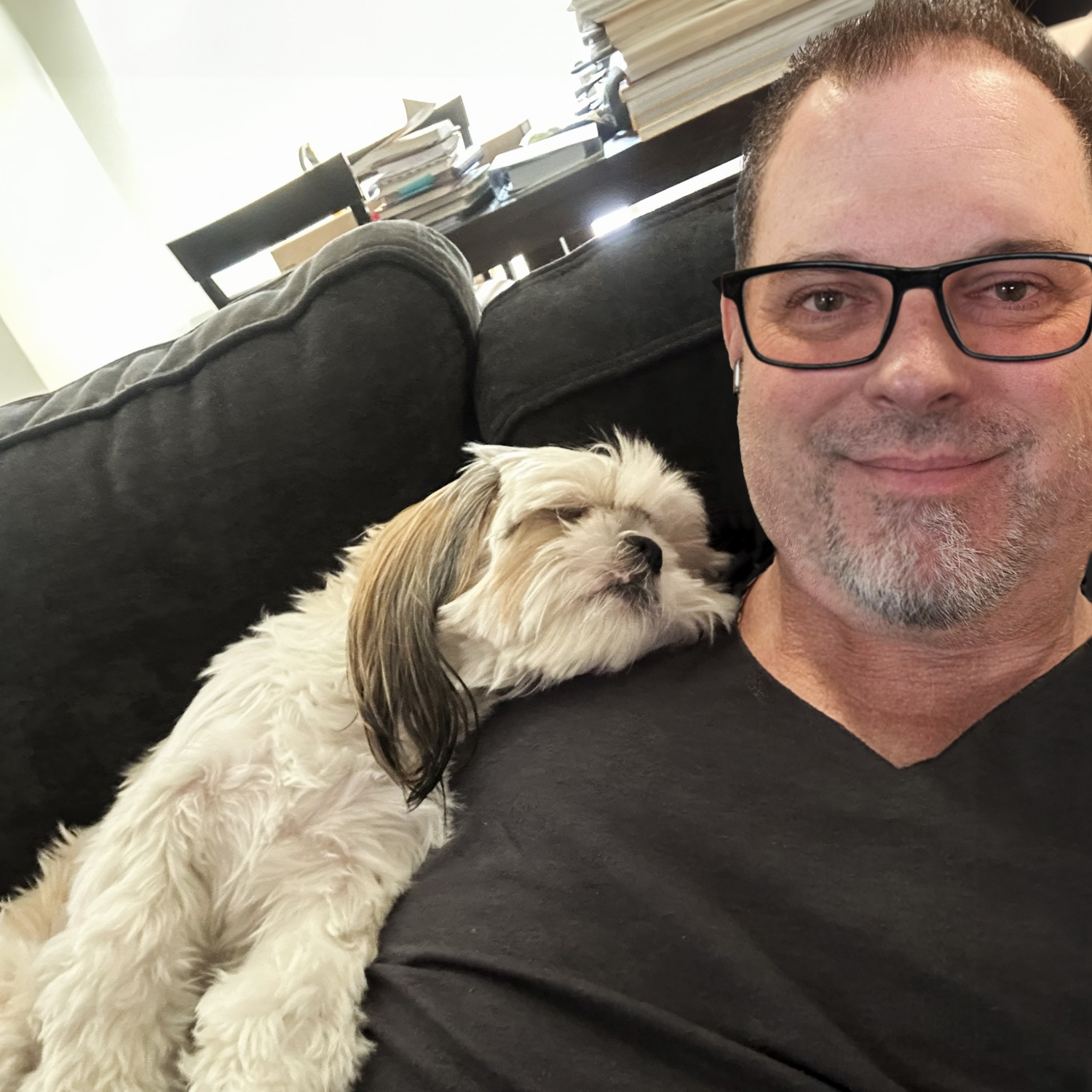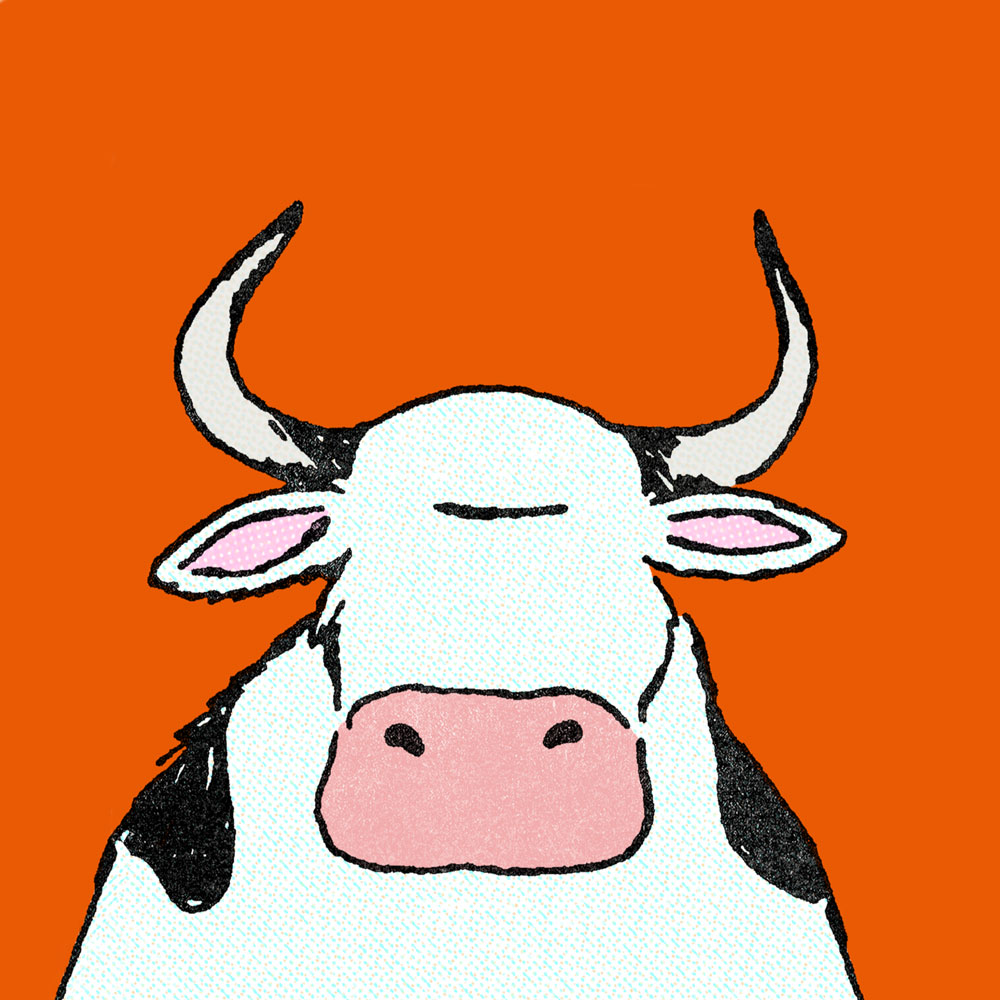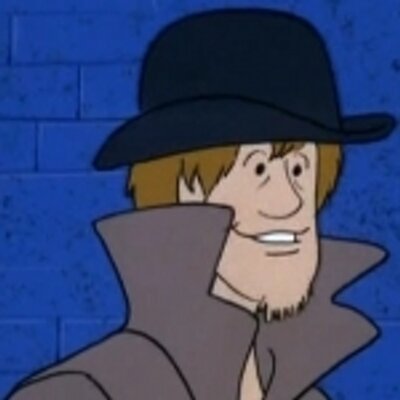This one’s really good
what?
Humpty Dumpty sat on a wall. Humpty Dumpty had a great fall. All the king’s horses and all the king’s men couldn’t put Humpty together again.
Why downvote them? I’m not English and never heard of this rhyme.
Humpty Dumpty sat on a wall. Humpty Dumpty had a great fall. All the king’s horses and all the king’s men Couldn’t put Humpty together again.
It’s an old nursery rhyme that was originally posed as a riddle, and the answer was that Humpty Dumpty was an egg.
If it has any meaning beyond that, it’s yours to make. I personally like it being a story of a king that spent all his time and efforts on building an army while ignoring everything else, just to have some other unforeseen thing topple his rule in a way that no army could repair.
The Humpty Dumpty name pre-dates the image of an egg character that was created by Lewis Carroll’s Through The Looking Glass.
A popular theory says the rhyme may have originated by the story of a large cannon used by the Royalists in the English Civil War.
Humpty Dumpty was a term, probably with derogatory inferences, that was applied to large or oversized persons or objects.
The Humpty cannon allegedly fell off the wall that it was stationed upon, thanks to Parliamentary forces undermining it, and was severely damaged.
The falling cannon story became a metaphor for the Royalist leader, King Charles I, who was believed to be large sized himself. He lost the Civil war, and his head, therefore he proverbially “had a great fall”
My reading said that story was unconfirmed as the originating source. I did see it though
Humpty Dumpty sat on a wall. Humpty Dumpty had a great fall. All the king’s horses and all the king’s men Couldn’t put Humpty together again.
It never says humpty was an egg in the rhyme
True, but it didn’t say he wasn’t, either.
What do you suppose it is? I’m eager to learn what horses could reassemble.
Possibly a cannon or a siege engine, but no one is certain: https://en.wikipedia.org/wiki/Humpty_Dumpty#Meaning
The “horses” in this context would refer to cavalryman.
And “horses” in the context of the rhyme means “horsemen” or “cavalrymen”, not literal horses.
Hey, it’s a joke. No need to dissect the original literal meaning.



